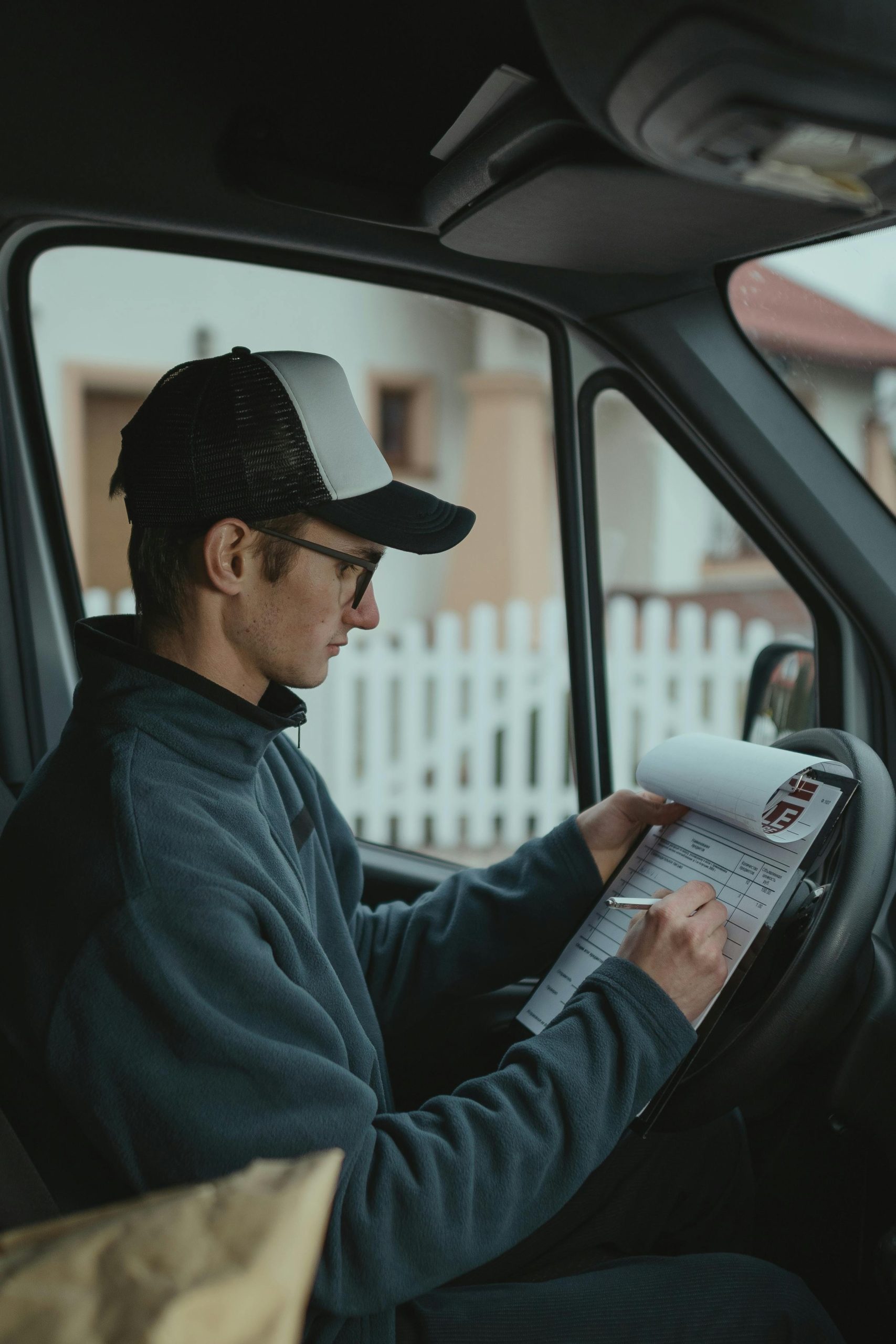Understanding Insurance License Requirements and How to Obtain Your Driving History
Navigating the complexities of auto insurance can be challenging, especially when relocating to a new state and handling license documentation. Many drivers encounter situations where insurance providers request proof of their driving history or previous licenses to determine accurate premium rates.
Recently, a driver shared their experience after moving to a new state and establishing a fresh insurance plan with a partner. Although they obtained a new license for their current residence, the insurance company informed them that their rates could be significantly higher because they had only been driving in the new state for a short period. To adjust the premiums appropriately, the insurer requested the client’s previous out-of-state license information.
However, the individual faced a common issue: they could only locate their most recent license, issued about a year before. Their original, first-issued license—necessary for establishing an accurate driving history—was unavailable. The driver has been on the road since turning 18, making their initial license over a decade old, and they’re now seeking guidance on how to retrieve that historical license information to potentially reduce their insurance premiums.
If you find yourself in a similar situation, here are some actionable steps:
-
Contact Your Previous State’s DMV:
Reach out to the Department of Motor Vehicles (DMV) or equivalent agency in your former state. Many states keep records of issued licenses and driving histories, which can often be accessed online, by mail, or in person. Some DMVs provide driver record summaries or history reports that include license issuance dates and status. -
Obtain a Driver History Report:
Request a copy of your driving record, which may include licensing information, violations, and insurance claims. This documentation can serve as proof of your driving history for your current insurer. -
Provide Alternative Documentation:
If retrieving the exact license is not feasible, discuss alternative proof methods with your insurance provider. These may include previous insurance documents, vehicle registration history, or other official records that substantiate your driving experience. -
Consult with an Insurance Agent:
Engage directly with your insurer or an independent insurance broker. They might be able to guide you through the process or suggest ways to mitigate premium increases without the exact license documentation.
Understanding and managing your driving history and licensing records is crucial for securing fair auto insurance rates. Persistence and open communication with your DMV and insurance provider can go a long way in resolving these documentation challenges.
Remember, maintaining accurate records and staying proactive ensures you are protected and



